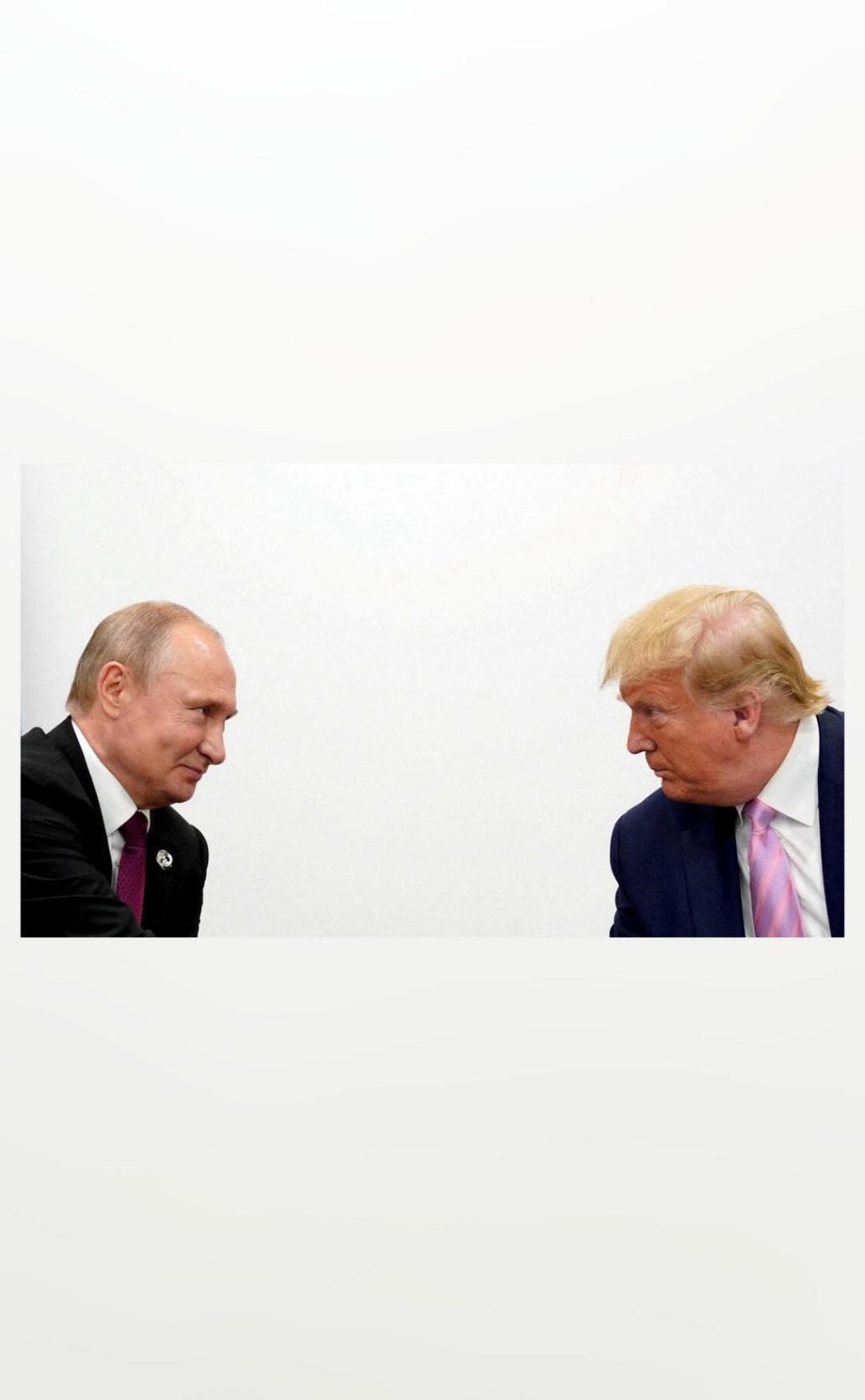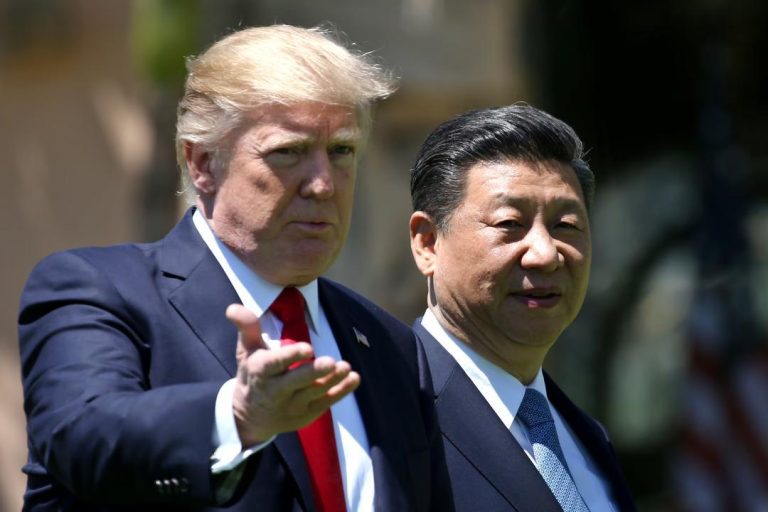
US Sides with Russia & Refuses to Blame it for Ukraine War at UN
As the Ukraine war completed its third year this week, the United Nations (UN) witnessed a surprising turn of events. The United States, a long-standing ally of Ukraine, surprisingly voted alongside Russia against a Europe-backed UN resolution that demanded an immediate withdrawal of Russian troops from Ukraine. This sudden shift in stance has raised eyebrows and sparked intense debate, with many questioning the motivations behind the US decision.
The UN resolution, which was put forward by the European Union, called for an immediate and complete withdrawal of Russian troops from Ukraine, as well as an end to the ongoing conflict. However, despite the strong language, the resolution failed to garner the necessary support, with the US joining Russia in voting against it.
India, China, and Brazil abstained from voting, while 52 countries supported the resolution. The failure of the resolution is a significant setback for those calling for an immediate end to the conflict, and the US decision not to support it has raised questions about its commitment to Ukraine’s sovereignty and territorial integrity.
The US decision to side with Russia is a significant departure from its previous stance on the issue. Under former President Joe Biden, the US consistently voted with the Europeans in UN resolutions related to the Ukraine conflict. However, it appears that the current administration has taken a different approach, opting to prioritize diplomatic efforts over public condemnation.
The US decision to vote against the resolution has been met with widespread criticism from Ukraine and its allies. Ukrainian Foreign Minister Dmytro Kuleba took to social media to express his disappointment, stating that the US decision was “unacceptable” and “undermines international efforts to end the war.”
Other countries, including the United Kingdom, Canada, and Germany, also expressed their disappointment at the US decision, with the UK Foreign Secretary James Cleverly stating that the US vote was “unhelpful” and “undermines the international community’s efforts to hold Russia accountable for its actions.”
The reasons behind the US decision to side with Russia are unclear, but it is believed that the administration is attempting to prioritize diplomatic efforts to end the conflict. The US has been engaged in talks with Russia and Ukraine to find a peaceful resolution to the conflict, and the decision to vote against the resolution may be seen as an attempt to keep the lines of communication open.
However, the move has also been criticized for being too soft on Russia, and for failing to hold the country accountable for its actions. The conflict in Ukraine has resulted in significant human suffering, with thousands of civilians killed and millions displaced. The US decision to side with Russia may be seen as sending the wrong message to Russia, and may embolden the country to continue its aggressive actions.
The US decision is also likely to have significant implications for its relations with Ukraine and other European countries. Ukraine has been a key ally of the US in the region, and the country has looked to the US for support in its conflict with Russia. The decision to side with Russia may be seen as a betrayal of that trust, and could have significant consequences for US-Ukraine relations.
In conclusion, the US decision to side with Russia and vote against the UN resolution on the Ukraine war is a significant development that has raised questions about the country’s commitment to Ukraine’s sovereignty and territorial integrity. While the decision may be seen as an attempt to prioritize diplomatic efforts to end the conflict, it is also likely to have significant implications for US relations with Ukraine and other European countries. As the situation continues to unfold, it will be important to monitor the developments and assess the impact of the US decision on the conflict.






